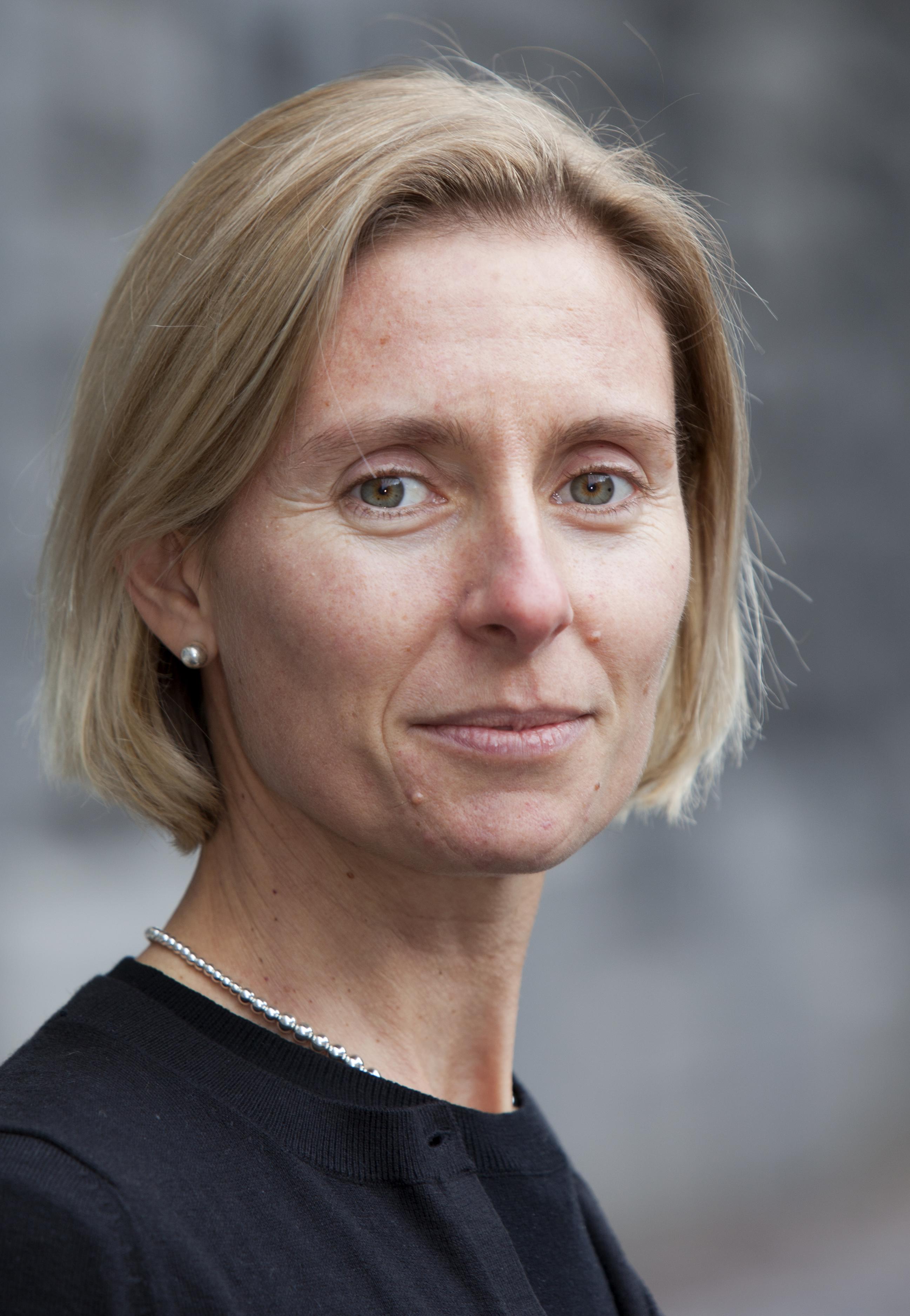The perils of invoking “European values”
April 20, 2016 -
Luiza Bialasiewicz
-
Discussion

The past months have been heralded as an “existential crisis” for the European project, with countless appeals regarding the need to “affirm” or “protect European values” made by political leaders at both the national and European levels. Whether in deliberating EU member states’ appropriate reception of refugees or the challenge of preserving open societies in the face of internal and external security threats, a significant part of the political response has been articulated precisely within the language of values. Yet, there are dangers inherent in even the most well-intentioned of such appeals.
Some of these dangers have already been eloquently highlighted by prominent commentators such as German political philosopher Jürgen Habermas who, at the apex of the “refugee panic” in September 2015, publicly chastised EU leaders, noting that in deliberating the reception of the refugees arriving at the EU’s borders “talking about European values was grossly misplaced”. The EU as a political institution, he admonished, “should be speaking of legal and political rights, and states’ obligations under the 1951 Refugee Convention and the European Convention on Human Rights” – not “of abstract values”. Others, like Médecins Sans Frontières co-founder Didier Fassin, also warned against facile appeals to generically-defined “solidarity” which, he admonished, all too easily and quickly elides into short-lived charity.
Yet it was appeals to the “values” of European solidarity and compassion that dominated the political debate on the refugee question throughout the autumn of 2015, prominent in official pronouncements such as European Commission President Jean-Claude Juncker’s State of the Union address titled “Time for Unity, Honesty and Solidarity”. This is how Juncker concluded his address:
“Europe is the baker in Kos who gives away his bread to [the] hungry. Europe is the students in Munich and in Passau who bring clothes for the new arrivals at the train station. Europe is the policeman in Austria who welcomes exhausted refugees upon crossing the border. This is the Europe I want to live in. […] when, generations from now, people read about this moment in Europe’s history books, let it read that we stood together in demonstrating compassion and opened our homes to those in need of protection.”
The “Europe” Juncker evoked in his speech was the Europe of the countless acts of small and large kindness demonstrated by individual Europeans, not the response of states and institutions. It is crucial to make this distinction. For as laudable as the sentiments (and actions) of individual Europeans and countless organisations may have been, the problem with appealing to individual compassion and charity, rather than rights and legal obligations, is that compassion and charity are quickly exhausted.
Charity is made of absolutes; in this particular case, it relies on a simple scenography of the figure of the innocent and needy refugee to be saved and redeemed, with us Europeans as the gracious saviours. It is a political and geopolitical rubric that does not admit complications such as the realisation, for example, that among those fleeing the violence in their homelands are frequently both the victims and the one-time perpetrators (as various reports by migrants’ rights organisations have noted). Or that those offered hospitality by European states (recently, or somewhat less recently) are not simply the passive victims that we have “saved” (and thus not necessarily all “nice guys”).
The popular and political reaction across Europe to the criminal events that took place on New Year’s Eve 2015 in Cologne and several other cities is, I believe, illustrative of the perils of conceiving the question of migrant reception in the value-laden language of charity and compassion: charity that turned very quickly to anger and, as various newspaper stories following the events highlighted, “feelings of being betrayed”.
The Algerian writer Kamel Daoud, commenting on what happened in Cologne, captured this dynamic perfectly in his editorial published in a number of European newspapers, noting how the much lauded European openness and hospitality of the previous months were “both naïve and self-serving”. In that (again, value-laden) narrative, the migrants were victims to be saved – and they should behave accordingly, befitting a recipient of charity. But, as Daoud pointed out, we should not delude ourselves that “by giving asylum to the physical bodies of these men, and some pieces of paper, we [Europeans] can be redeemed, and our collective conscience assuaged” without considering “what comes later”. And what comes later demands long-term institutional and legal responses, not simply a momentary outpouring of charity.
Moreover, the rubric of “European values” is also perilous because it risks feeding directly into the politics of the far right; first, because it is all too easily presented as an “elite” discourse enforced by “liberal Europe”’. Secondly, these forces very ably claim it as their own – whether in France, the Netherlands, Hungary or Poland, where right wing politicians are all claiming to be defending European civilisation and European values from an impending “Islamic invasion”.
To make sure that the debate in Europe over refugee reception and over migration more broadly does not become defined by events such as those of Cologne and by the rise and fall of Europeans’ charitable impulses, we need to return to the language of European rights and legal responsibilities, not compassion and charity.
Luiza Bialasiewicz is Jean Monnet Professor of EU external relations in the department of European studies at the University of Amsterdam.

































